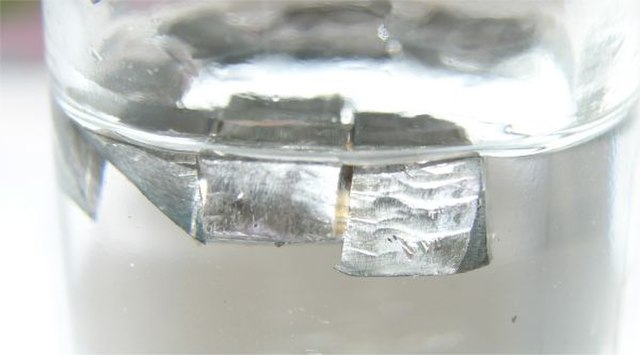A global competition over lithium is heating up.
General Motors, Ford, and the parent company of China’s BYD Auto Ltd. recently bought stakes in lithium miners. That’s a rare step, since these companies usually rely on outside vendors for copper and other raw materials. Others like Volkswagen are investing in lithium refining or lithium recycling.
Why? Nobody wants to be caught without enough “white gold, ” and in global competition from China to Nevada to Chile, winning the lithium war will be vital for government and industry plans to boost sales to tens of millions of electric vehicles a year. You can’t make EVs without that lithium battery.
“We already have that risk,” of not being able to get enough, said GM’s chief financial officer, Paul A. Jacobson, at a Deutsche Bank conference in mid-June. “We’ve got to have partnerships with people that can get us the lithium in the form that we need.”
Global lithium output will likely triple this decade, but sales of electric SUVs, sports cars and sedans that rose 55% last year threaten to outpace that by 2025. Each battery requires about 17 pounds of lithium, plus cobalt, nickel and other metals.
“There will be a shortage of EV battery supplies,” said Joshua Cobb, senior auto analyst for BMI.
Beyond the market dimension, Beijing, Washington, and other governments see these important metals for electric vehicles as a strategic issue and are tightening controls on access. Last year. Canada ordered three Chinese companies to sell lithium mining assets on security grounds.
Worldwide lithium resources are estimated at 80 million tons by the US Geological Survey. Forecasts of annual global production range as high as 1.5 million tons by 2030. But that number could rise to 3 million tons with more EVs on the road. At that rate, in 30 years, the world will have likely run out.
That makes the situation between governments, automakers, and conservationists worried about mining operations, all the more tense.












